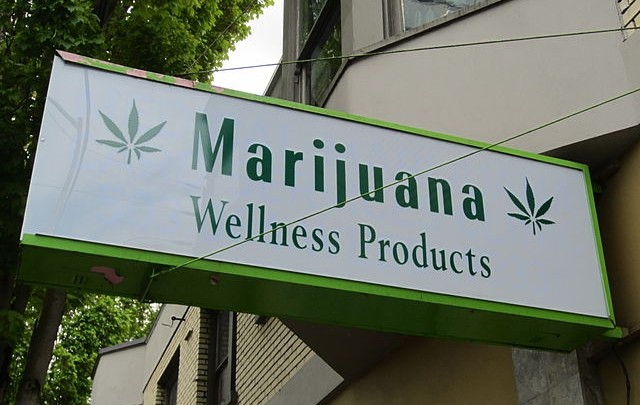PORTLAND, Ore.–The United States Attorney for Oregon, on May 18, issued a memo outlining updated priorities for federal enforcement affecting cannabis regulation in the state. The action comes after state officials in April revealed a million pound surplus supply of whole plant cannabis, amidst other regulatory concerns for Oregon’s cannabis industry.
In the memo, U.S. Attorney Billy J. Williams referred to feedback from a February summit held in Oregon, where 70 organizations and 130 individuals, including local officials and representatives from related industries, gathered to contribute to discussions on federal policy for Oregon cannabis.
“Although the views expressed at the Summit were often divergent, the group found consensus in three principal areas,” Williams described. “First, there is urgent need for more comprehensive and accurate data on the scope and effect of marijuana production and distribution in Oregon. Second, too few resources are devoted to enforcement and oversight of the State’s marijuana regulatory regime. Third, there can be n o doubt that there is significant overproduction of marijuana in Oregon. As a result, a thriving black market is exporting marijuana across the country, including to states that have not legalized marijuana under their state laws.”
Williams went on to cite a previous January memo issued by U.S. Attorney General Jeff Sessions, regarding federal prosecution of illegal activities in states where cannabis has been legalized, and said federal officials in Oregon would prioritize “federal law enforcement priorities set by the Attorney General, the seriousness of the crime, the deterrent effect of criminal prosecution, and the cumulative impact of particular crimes on the community.”
Williams’ memo went on to list five priorities for federal law enforcement in Oregon, dealing cannabis-related regulation. They included:
- Over-production and interstate trafficking–Williams noted that since 2015, Oregon-grown cannabis had been tracked to 30 states, several of which still prohibit marijuana use. Eliminating surplus crops and increased trafficking prosecutions would potentially stem illegal overstate commerce.
- Underage sales–Sales to individuals under 21 years of age should be regulated vigorously. In related news; a January memo issued by Oregon’s Liquor Control Commission reported that some state cannabis retailers were not properly checking IDs, with more than half of Portland’s dispensaries failing the test.
- Firearms and other public safety threats–Williams’ cited landowners that said they’d felt intimidated or threatened by marijuana producers. Also, safety concerns related to illegal cannabis concentrate production were prioritized.
- Organized crime–The memo pointed out obvious priorities to pursue prosecutions against any organized crime groups operating in the cannabis space, but also pointed out that federal prosecutions could also affect illegal business activities including “not only violent crimes, but also non-violent criminal activity, such as federal income tax evasion or systematic money laundering to evade detection of illegal proceeds.”
- Environmental protections–Federal prosecutors and law enforcement officials also will prioritize any violations that include “cultivating marijuana on federally managed lands, using unlawful pesticides that pose a threat to human health, wildlife, and our environment, or using large amounts of water for grow operations without proper authorization.”
Williams also highlighted the importance of partnerships between federal Justice officials, state and local lawmakers, legislators, as well as legal cannabis industry businesses, state and industrial regulatory agencies, and cannabis advocates.











